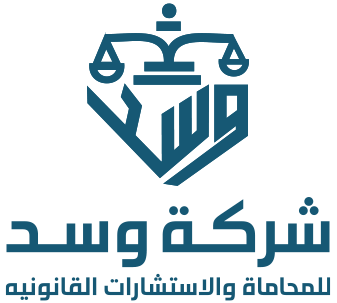
 25 February 2025
25 February 2025
Investment Environment in Saudi Arabia
Saudi Arabia enjoys a strategic location that connects three continents, making it an ideal destination for foreign investments. With the adoption of Vision 2030, the business environment has become more flexible and attractive, as extensive legal reforms have been implemented to enhance economic growth and diversify income sources away from oil. The Kingdom seeks to establish itself as a global economic hub through a range of incentives, such as the Regional Headquarters Program, the creation of Special Economic Zones, and the simplification of legal procedures for foreign investors. Despite these promising opportunities, legal and tax challenges remain that companies must consider to ensure compliance and sustainable development.
Legal and Investment Reforms
In August 2024, the Ministry of Investment announced new regulations aimed at enhancing transparency and facilitating investment operations in the Kingdom to attract more foreign capital and support economic diversification. These reforms, which are expected to come into effect in early 2025, include the following:
- Strengthening investors’ rights by ensuring the rule of law and fair and equal treatment between local and foreign investors.
- Abolishing foreign investor licenses and replacing them with a simplified registration process.
- Establishing dedicated service centers to expedite investment processes.
- Allowing investors to resort to alternative dispute resolution mechanisms such as arbitration, mediation, and conciliation, with the possibility of granting investment incentives to both local and foreign investors.
Special Economic Zones
Saudi Arabia has established several strategically designed Special Economic Zones (SEZs) to attract foreign investment and boost economic growth.
The most notable of these zones include:
- King Abdullah Economic City (KAEC): Serves sectors such as manufacturing, logistics, and tourism. The city includes a port, an industrial zone, and residential and commercial areas.
- Jazan: Specializes in industries such as food processing, metal transformation, and logistics services.
- Ras Al-Khair: Focuses on mining and metal industries, particularly aluminum production. Its infrastructure includes a power plant, a port, and metal smelting factories.
- Cloud Computing Zone: Dedicated to the technology sector with a focus on cloud computing, featuring data centers and research and development laboratories.
- Specialized Integrated Logistics Zone (SILZ): Provides infrastructure and regulations aimed at facilitating connections between investors, suppliers, customs, and other government entities.
These zones offer tax incentives and streamlined regulations to attract foreign investments. They also aim to promote innovation, create job opportunities, and stimulate economic progress across various regions.
Conclusion
Saudi Arabia is undergoing an economic transformation that enhances the investment climate and creates new opportunities for both local and foreign investors. However, compliance with legal and tax reforms remains essential to ensuring business success and sustainability. Therefore, it is crucial for investors to stay updated on regulatory developments and take advantage of available opportunities in line with the applicable legal frameworks.
For expert legal guidance, reach out to WASD Law Firm today. Our team is ready to assist with all your legal needs, from corporate compliance to dispute resolution.



